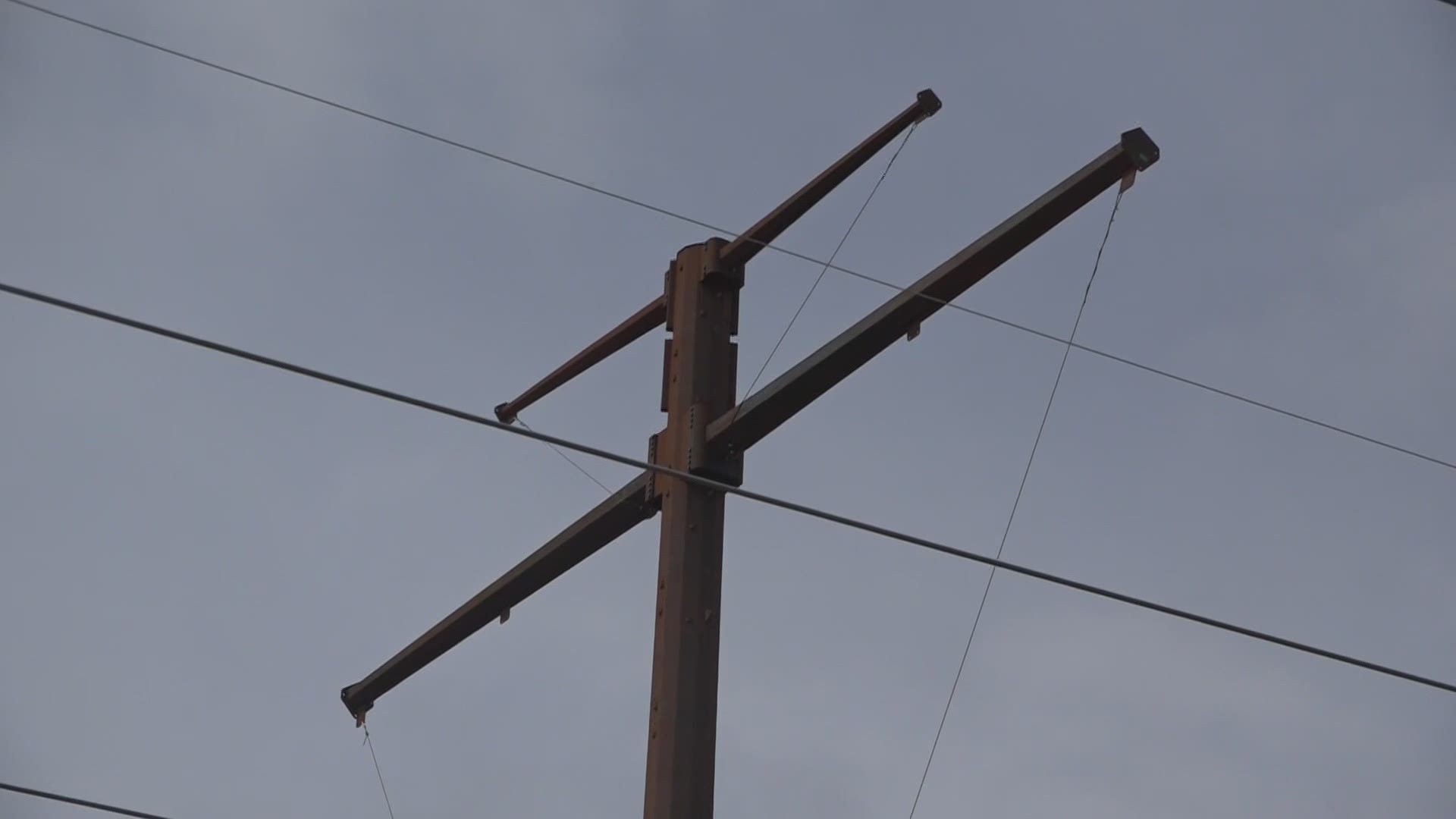PORTLAND, Maine — Maine has received $5.8 million in payments from the New England Clean Energy Connect (NECEC) since the start of 2021, according to NECEC LLC’s President and CEO, Thorn Dickinson.
The payout is part of a deal struck between the state and project executives, where over the next few decades Maine will receive a total of $258 million from the project.
When complete, the NECEC corridor would bring Hydropower from Quebec, through Maine, to the New England Energy grid. Beginning stages of construction on the controversial corridor are already underway, despite a possible referendum vote in November.
“The transmission infrastructure isn’t in service yet, but the project’s investment in the Maine economy are,” HydroQubec’s Lynn St. Laurent said. “This is a clear reflection of our commitment to the state, that these payments are flowing.”
According to the release:
Total payments of close to $5,875,000 include the following:
- $1.750 million to the NECEC rate relief fund
- $1 million to the broadband fund
- $1 million to the heat pump fund
- $1 million to the electric vehicle fund
- $625,000 to weatherization and household energy efficiency programs
- $250,000 to the NECEC education grant fund
- $250,000 to the Franklin County host community benefits fund
These benefits are in addition to the significant economic impact associated with the construction and operation of the NECEC power line in Maine, and include:
- $18 million each year in host community tax revenues
- More than 1,600 new jobs during line construction
- $573 million increase in Gross Domestic Product
$1 million of that money will go directly to providing permanent, high-speed broadband internet to 40 rural communities, according to a release from NECEC.
Many against the corridor have been very outspoken and some even led the charge to have the project added to Maine’s November ballot. One of their concerns surrounds the payout from NECEC to the state, some feel it isn’t enough to outweigh not receiving any power from the corridor once it’s complete.
Dickinson said that number has the potential to grow, especially considering a statewide vote; however, if the project is voted down those payments will be "at risk." He added payments received by the state in the meantime are not in jeopardy of having to be paid back.
“We’re always open to the idea of how we can work together with communities and the state to leverage the benefits of the project and continue to bring benefits to the state,” Dickinson said.
Maine is expected to receive a total of $10 million dollars from the project by the end of 2021.

